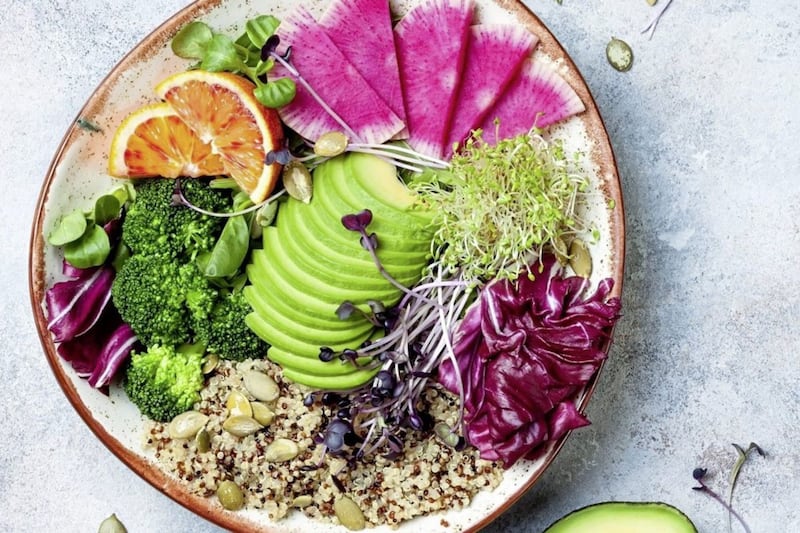:: Switch up your snacks
Most us need something to graze on between meals, and nuts are proof that good (nutritional) things really do come in small packages. "All nuts are a good source of heart-friendly fats, including oleic and linoleic acid and fibre, which help maintain healthy cholesterol levels," says Fiona Hunter, a nutritionist for Healthspan (www.healthspan.co.uk).
"Other heart-friendly snacks include oatcakes, fresh and dried fruits, soya yoghurt, and hummus with vegetable crudities."
:: Download British Heart Foundation leaflets
The charity has a series of '10 Minutes to Save Your Life' leaflets, outlining clear and achievable ways people can adopt a healthier lifestyle. There's one for being physically active, healthy eating, stopping smoking, tackling alcohol and stress, as well as leaflets for high blood pressure, cholesterol and managing diabetes.
"We came up with the idea because for most people, the approach of radically revamping their diet and exercise routine overnight simply doesn't stick. Making small steps to better health is less daunting and easier to incorporate into our everyday lives," says Lucy Wilkinson, a British Heart Foundation senior cardiac nurse.
"We know even a little exercise is better than none at all, and it's proven that every 10 minutes of physical activity counts when it comes to your heart health."
Find them all on the charity's website (www.britishheartfoundation.co.uk).
:: Learn to forgive
"People who have learnt to forgive tend to live longer, healthier lives with lower risks of chronic diseases, especially heart disease," says leading lifestyle doctor, Dr Chidi (drchidi.com).
"Resentment and anger cause us to produce more stress hormones, such as cortisol, which raise our blood pressure, thicken arteries, and age us prematurely. So learn to let it go – keep your health and your good looks!"
:: Get your oats
There are so many ways to get a heart health-boosting breakfast; oats – whether you make them into a steamy porridge, or just enjoy them with yoghurt – are one of the simplest and most affordable examples.
"Porridge oats contain beta-glucan, a type of soluble fibre which, in the body, forms a thick gel which binds to excess cholesterol, helping prevent it from being absorbed," says Hunter.
"Studies show that consuming 3g of beta-glucan a day can help lower both total cholesterol and LDL cholesterol."
:: Laugh as much as you can
While not a direct risk factor for heart disease, stress is believed to play a part in our overall risk levels. Managing stress can impact our wider behaviours too, keeping us motivated to exercise and eat well, for instance.
"Laughter has been shown in research to lift mood and improve sleep quality," says health psychologist Dr Megan Arroll – two things which also play a role in managing stress.
:: Embrace those tea breaks
Little rituals help keep us functioning, and a tea break works on so many different levels when it comes to heart health. Firstly, it's a moment to slow down and refresh, plus the tea itself is beneficial.
"Tea is a rich source of polyphenols that have beneficial effects on artery elasticity, blood pressure, blood stickiness and inflammation," says GP and Healthspan medical director, Dr Sarah Brewer.
"Data from 22 studies involving over 856,000 people shows that, overall, drinking three cups of tea per day reduced the risk of heart attack by 27 per cent, and of a fatal heart attack by 26 per cent, compared with those who did not drink tea."
:: Be supplement savvy
Most of us are familiar with how ensuring we get plenty of 'good' omega fats in our diets, or taking a high-quality supplement, can benefit heart health, but did you know there's a strong case for co-enzyme Q10 too?
"Co-enzyme Q10 is needed for energy production in cells – especially heart muscle cells that are constantly contracting," notes Brewer.
Studies have linked co-enzyme Q10 supplements with lower rates of recurrent cardiac events in people who've previously suffered a heart attack.
It can also be helpful for people taking statins for high cholesterol, to rebalance the reduction in circulating co-enzyme Q10 levels those drugs can cause.








